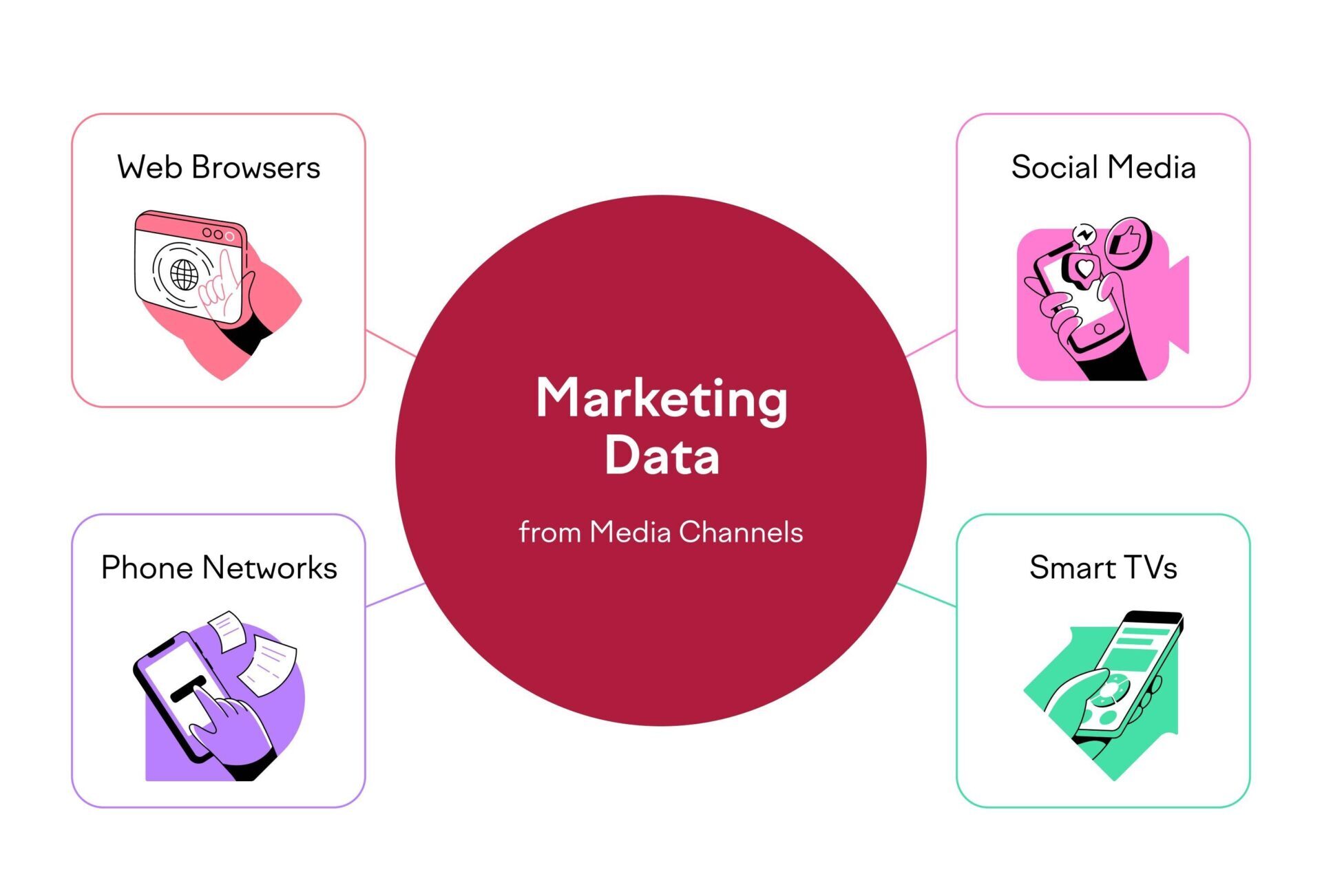In the modern digital era, data has emerged as a vital asset for businesses, driving decisions and shaping strategies across industries. Whether large corporations or small enterprises, organizations are increasingly relying on data to gain competitive insights, optimize operations, and enhance customer engagement. Central to this shift is the adoption of data-driven software, which enables businesses to manage, analyze, and leverage vast amounts of data effectively.

Understanding Data-Driven Software
Data-driven software refers to a suite of tools designed to collect, process, and analyze data, transforming it into actionable intelligence. This software encompasses various applications, including data management systems, analytical tools, and visualization platforms. Unlike traditional software that operates based on predefined logic or processes, data-driven software adapts and evolves by continuously analyzing data inputs, making it a dynamic and responsive tool for modern businesses.
The Role of Data-Driven Software in Modern Business
In today’s competitive business environment, relying on intuition or static reports is no longer sufficient. Data-driven software empowers organizations to make decisions grounded in real-time data, offering insights that are accurate, timely, and relevant. This capability is particularly crucial in industries such as finance, healthcare, and retail, where swift and informed decision-making can be the difference between success and failure.
The Strategic Advantage of Data-Driven Software
Data software has numerous benefits for businesses, including:
- Scalability and Flexibility: Another key benefit of data-driven software is its scalability. As a business grows, its data needs will also expand. Data-driven software can scale accordingly, accommodating larger datasets and more complex analyses without compromising performance. Additionally, these tools are often customizable, allowing businesses to tailor them to their specific needs and objectives.
- Integration with Existing Systems: Data-driven software is designed to work seamlessly with other business systems, such as CRM platforms, ERP systems, and marketing automation tools. This integration ensures a smooth flow of information across the organization, breaking down silos and fostering collaboration. By connecting disparate data sources, businesses can gain a holistic view of their operations and make more cohesive decisions.
- Enhanced Marketing Strategies: In the realm of marketing, data-driven software plays a pivotal role in shaping effective campaigns. By analyzing customer data—such as purchase history, online behavior, and demographic information—marketers can craft highly targeted campaigns that resonate with specific audience segments. This not only increases the effectiveness of marketing efforts but also improves customer satisfaction by delivering personalized experiences.
- Real-Time Analytics: One of the most significant advantages of data-driven software is its ability to provide real-time analytics. By continuously processing data as it is generated, businesses can monitor trends, track performance, and identify opportunities or risks as they arise. This real-time insight allows for more agile decision-making, enabling companies to respond quickly to changes in the market or within their operations.
- Customer-Centric Innovation: Understanding customer needs and preferences is essential for innovation. Data-driven software enables businesses to analyze vast amounts of customer feedback and behavior, providing insights that drive the development of new products and services. By staying attuned to customer demands, companies can innovate in ways that resonate with their target market, ensuring sustained growth and relevance.



